Ce mois-ci la chaîne YouTube du réseau Planet Classroom, audiences can watch Gagnant de la paix (Organisé par NFFTY). Dans ce poignant, court métrage, une jeune artiste sikh appelée Sukhjit Kaur Khalsa détaille son parcours poétique, which began as a way of understanding her cultural identity and working through double standards in her community. As a contestant on “Australia’s Got Talent”, she rose to fame with original poems on the racism she’s experienced as a Sikh woman living in Australia. But now as a public figure, most of the criticism she receives comes from her own Sikh community. Khalsa has found solace within the spoken word and hopes to inspire others to use their voices to create change.
The film was produced by Marisa Kelly, Sophie Degreen and Taylor Killefer, and directed by Marisa Kelly and Taylor Killefer while they were still students at Chapman University’s Dodge College of Film and Media Arts, as part of the Sikhlens Documentary program. Pre and post production were completed in Orange County, Californie, and the short was shot in Melbourne, Australie.
The filmmakers have since graduated or are finishing their last year of film school, and are starting their careers in the entertainment and media industries.
La recherche globale pour l'éducation is pleased to welcome Director Marisa Kelly.
Marisa, Bienvenue. We really enjoyed your film. How does Sukhjit’s art form of spoken word impact the love/hate relationships with her family, community and self?
We found Sukhjit’s story so interesting because of the complicated responses her self-expression through spoken word brought. D'une part, it was a way for her to craft her ideas and thoughts in a way that could be shared with her own voice to a large audience; and her messages often got through to those audiences with overwhelming positivity. D'autre part, some of her own community took her spoken word as criticism and responded poorly because of it, making her feel alienated. En fin de compte, it is a powerful form of expression that empowers her, which is why she sticks with it despite the challenges that come.
How can outspoken artists help to set an impactful example to girls and young women in a male-dominated world?
Sukhjit’s spoken word proves that no matter the backlash you might face, your words and art will still reach the audience that it needs to. Malheureusement, girls and women still receive types of harsh criticism that men won’t, but a strong community and sense of self are ultimately the most important things.
Was there any interaction with or reaction from Sukhjit’s father to her art and/or candor?
We didn’t spend much time with Sukhjit and her father, and from my memory it seemed to be a touchier and complicated subject, as are all of our relationships with our parents! En fin de compte, Sukhjit felt like she was having trouble figuring out the expectations of her family and community along with who she is outside of them, but she knows her parents love and support her. They just seem to show it in a different way than she would.
Selon vous, quels sont les principaux points à retenir pour votre public dans votre film? How do you hope your film might help others?
I made this film halfway through college, while trying to figure out how art and cultural expectations make up my personality, and in what ways I might need to break away. A few years later, I am still struggling with this, post-college, and stuck at home. I hope that people watch this film and resonate with that listlessness of being a young woman – to know they are not alone and that there are ways to find escape.
C.M. Rubin and Marisa Kelly

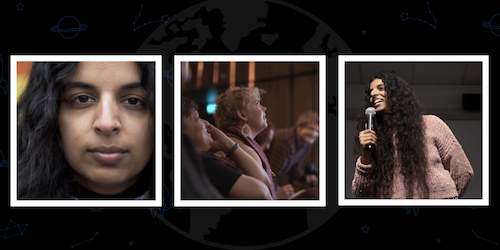
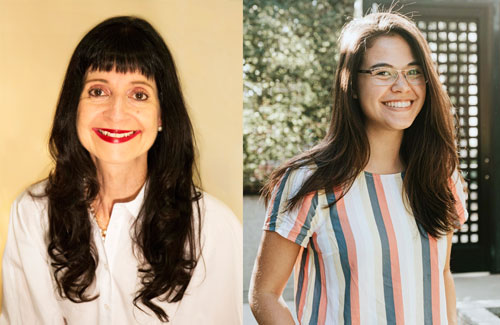

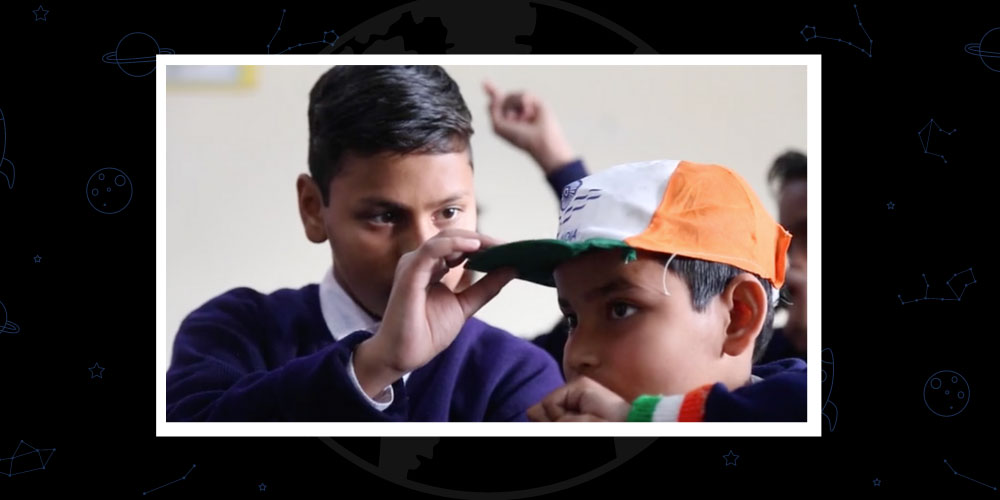
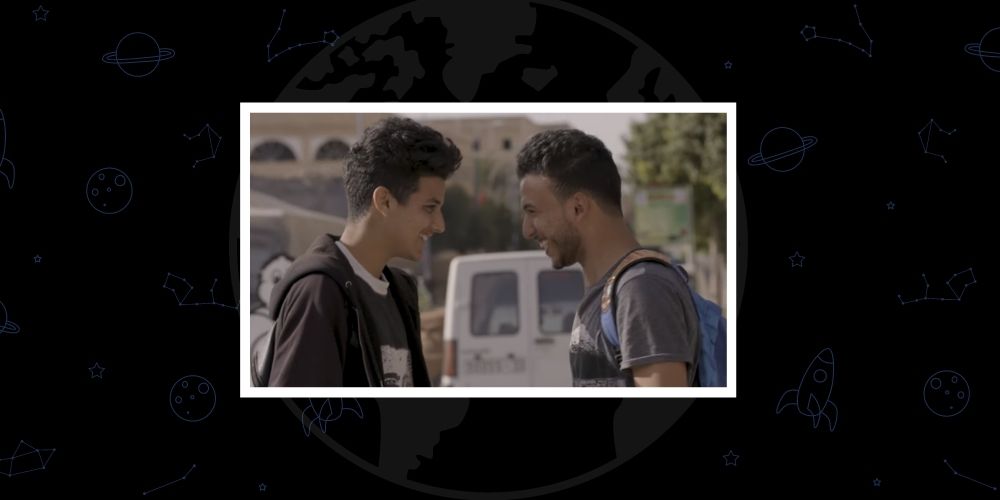
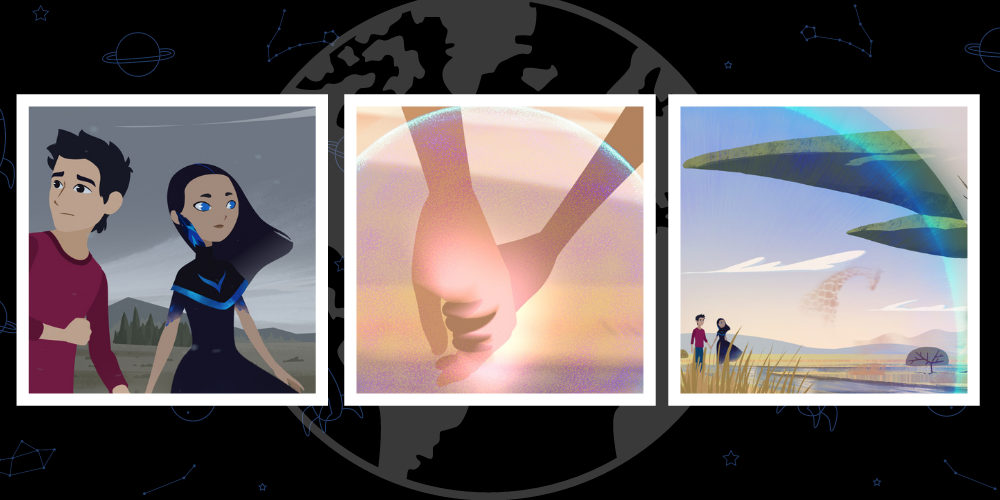
Commentaires récents